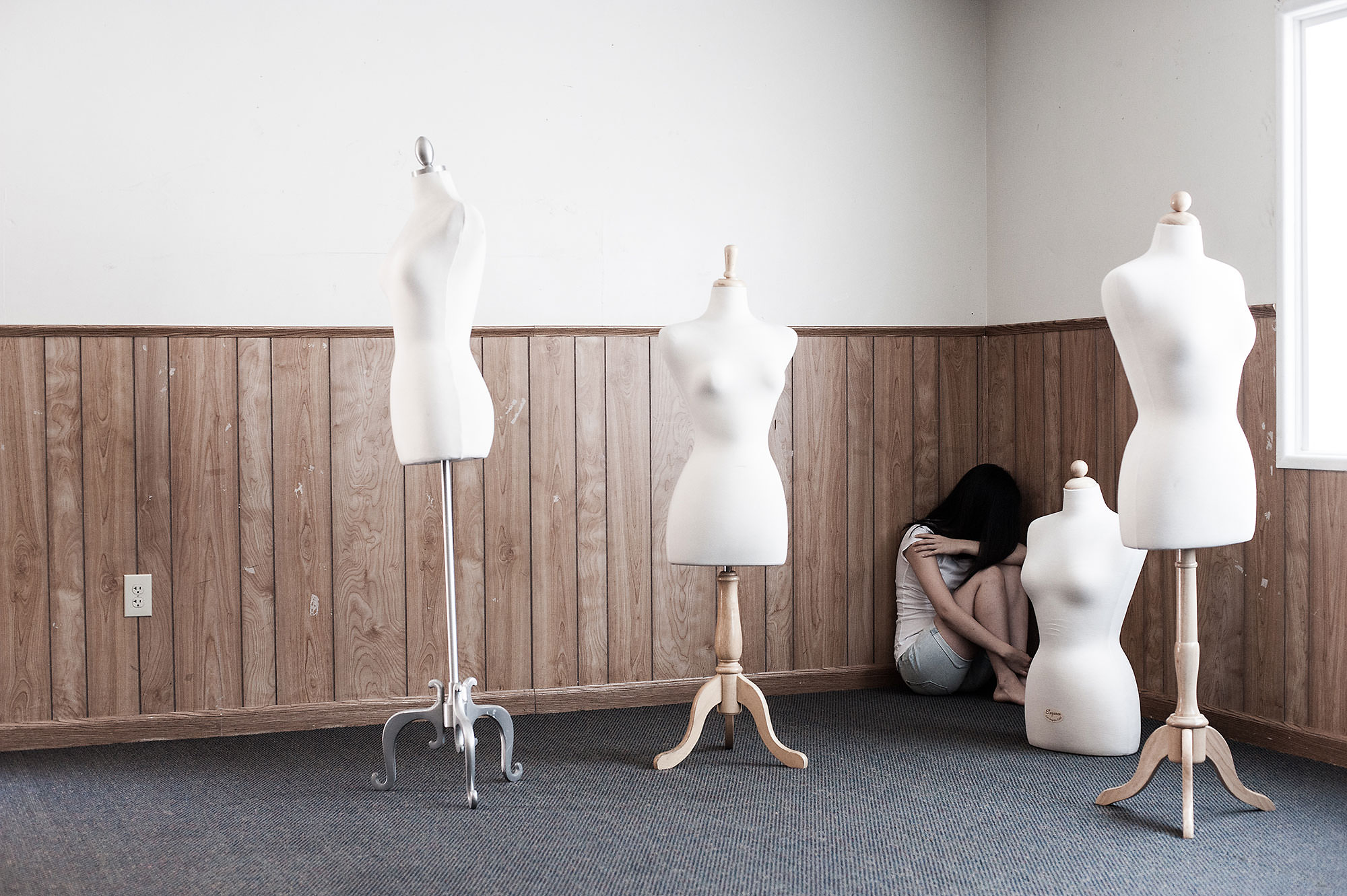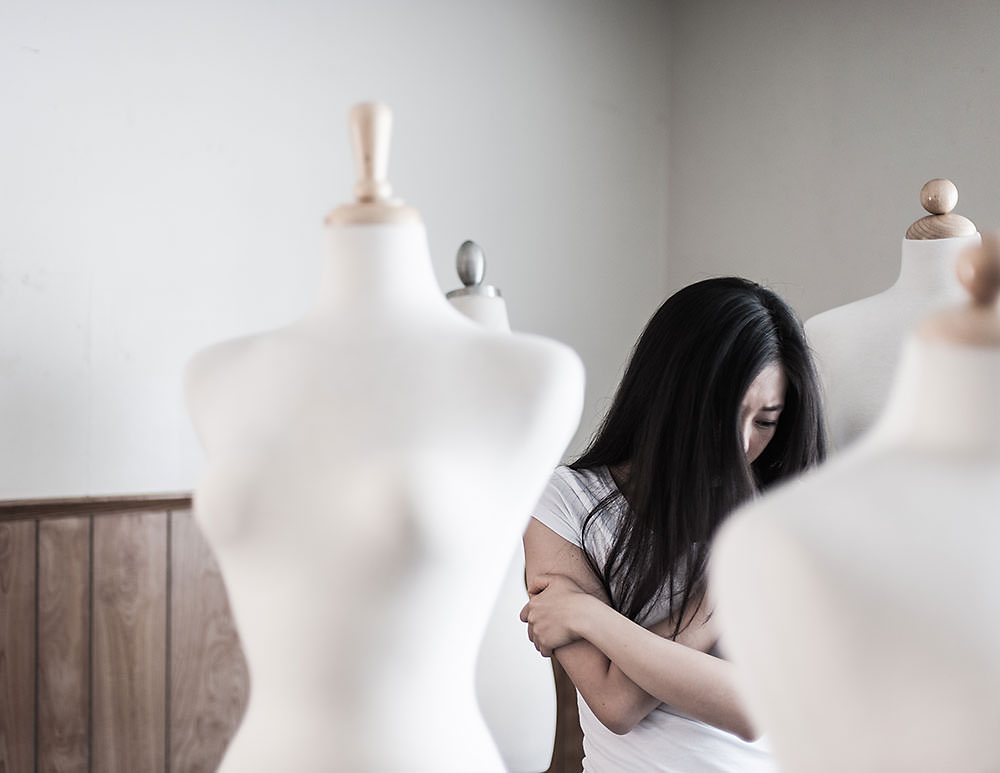
“A rapist is always to be a stranger,” said the lady in red, in “For Colored Girls Who Have Considered Suicide/When the Rainbow is Enuff”, a choreo-poem by Ntozake Shange.
All my life, I had constantly been warned about strangers. Don’t open the door unless you know the person there. Don’t walk alone at night. Don’t dress in a way that makes men look at you sexually. Don’t attract attention. Don’t make eye contact with people in the street. From a young age my parents made a great effort to protect me from predators with this advice, but sexual assault (by definition, any unwanted touching of gender-specific parts of the body or unwanted sexual activity) is everywhere, without geological, age, or cultural boundaries.
A boy aggressively and inappropriately touched me in my crotch in front of my whole class in a display of male power in the second grade (because I insisted on wearing the more comfortable boy uniform pants and not the woolen uniform skirts). During my junior year in high school, a boy obsessed with breasts reached into my shirt on a daily basis — sometimes when other people were looking — to cop a feel. I never knew what to do about it. I felt a deep sense of shame and thought that I must be doing something wrong to attract that kind of attention.
I had guarded my whole life against a stranger, but the person who attempted to rape me four years ago wasn’t a stranger at all.
A Lonely College Life
I first moved to Westwood, Calif. to attend college at University of California, Los Angeles (UCLA) in 2009, hardly knowing anybody except for high school friends who were too busy with engineering or pre-medical programs. It was an incredibly lonely time as a transfer student. I felt as though everyone already had closely-knit circles of friends and I was only intruding wherever I went. I had one friend whom I thought I could, more or less, rely on. Let’s call him “Chris”. He helped me move in when everyone else was busy, and he was one of my closest friends’ roommates. We soon became close, studying and cooking together often.
I was close to a number of male friends in high school, brothers in Christ and unbelievers alike, and I saw Chris the same way I saw everyone else — as a good friend on whom I could rely. In a very lonely time, he was what felt like my only support. Sure, my church’s college fellowship had plenty of Bruins on campus, but when I arrived at UCLA not one was ever free to hang out or study together, and no one ever contacted me or checked to see how I was doing. I felt as isolated, alone, and lost as I had been at community college, even though I thought UCLA would hold all the answers for me.

It became clear that Chris did not just feel friendship for me. A believer in an early “DTR,” I told him firmly but as nicely as I could that I just really needed a friend right now, and I wasn’t interested in him romantically. I encouraged him to visit my church several times, but was worried and frustrated for him because he felt like he didn’t fit in there and people didn’t try to get to know him.
I didn’t know how to moderate the amount of time I spent with Chris, because he was my only friend at school, and all my friends from home were busy doing their own thing at new colleges or having their own amazing life experiences. I figured that as I got to know more people and participate in more activities and clubs at school, I would have that awesome college experience everyone had always told me about that I had missed.
Unwanted Physical Advances
Soon things escalated to beyond worrisome. In my second quarter at UCLA, Chris took opportunities to be alone with me and get physical. During that quarter, he attempted to force himself on me five times, sometimes when I was sleeping. I naively believed he didn’t mean to hurt me the very first time, but I was wrong. After the second attack, I began to draw boundaries by never hanging out with him alone. He continued to attack me. My roommates, who knew him, would let him in before leaving so that I ended up with him alone in my own apartment.
Once, an unexpected attack happened in his apartment when we were in a group situation where I thought I would be safe. But he still caught me alone. It was never too violent by Hollywood standards, at least not physically, but I was always frozen with fear, unsure of what to do, pinned by both the man and my lack of being able to take control of the situation.
The feeling of waking up disoriented and not knowing who was on top of me is one that I will never forget. With the grace of God, direct rape never resulted from this assault because of my crying, pleading, and finally, by being able to firmly tell him, “No.”
Struggling With My Experience
“If you know him you must have wanted it.”
The hardest times came in the days that followed. I was incredibly confused, not knowing what I had done wrong and why I felt violated, used, cheap, and fearful towards someone I had considered a friend. I couldn’t reconcile what I thought I knew about sexual assault with the attempts that I had experienced.
Rape was violent. Rape was when a woman struggled and had to be gagged and forced down.
I had always been told rape would be at the hands of a stranger, someone bigger and stronger than me from whom I couldn’t escape. I always thought, or assumed, from what I’d been told by my family and church that if I got into some sort of sexual trouble with a friend it was my own fault. I felt sure that I had done something horribly wrong, and I was afraid of myself, and afraid of everyone around me.
I couldn’t tell anybody at church, because I was so sure it was my own fault. I felt sure that I would be judged, shamed, and publicly humiliated, because I had felt that shame and humiliation before, when I was told my shirt was too revealing, or on another day, that my skirt was too short even if I was wearing leggings underneath. I was never told any of this in a way that helped me to understand modesty in Christ — I was always told these things in the context of “Don’t stumble your brothers in Christ.”
I had been slut-shamed into being ashamed of my own self and my own body all my life, and into believing that if a brother stumbled it was my fault for leading him on. If it was my fault that a brother stumbled at all, surely it was also my fault for having been assaulted. This was how I thought my faith community would respond.
Over the next few years, wisdom from my closest friends, from brothers and sisters in Christ and non-Christians alike, helped me to figure out and process what I had been through. A physical violence had been attempted against me and I had gone through sexual assault and several attempted rapes. This took years for me to even admit to myself properly, and sometimes I still have trouble believing it. The rape culture that has been in the news so often was very much alive in me. I didn’t know how to describe what I had experienced, because I hadn’t said no for so many of those attempts.
Now I understand what I had been indoctrinated with all my life — that by not saying no, I was saying yes. This is, of course, unequivocally false, but it is the world we live in and what our society tells us, and what over 200,000 women (and men!) in the United States struggle with every year. The question of consent should be an easy one, but it is not that easy forwomen and men who struggle with assault — not in our culture of aggression and sexually-obsessed media.
Alone in the Church
For years I struggled with the results of these assaults. I faced my depression, anxiety, and fears alone. I had friends who helped me understand what I had been through, but no one was equipped to fully deal with what I was experiencing. The stigma of seeking help for mental health problems in our Asian culture deterred me from even telling my family.
This event in my life was the final straw for me at church, too. After realizing that when something very serious happened to me, I was unable to articulate my feelings and needs to my church community for fear of being judged and shamed, I left my church. The church-hopping I did in the following years was half-hearted at best, because while I knew intellectually that God would heal me in time, I also felt that the church would desert me if they knew.
I never reconciled with Chris. After a time of trying to be a good friend to him, I gave up all contact. A recent run-in with him left me cold and afraid. I read that the safest thing for a victim to do was to distance herself from her attacker, and that was what I did, but I cannot pretend that there is any such thing as being fully healed from sexual assault, or being able to go back to my life before it.
I’ll never fully recover or forget, just as more than 200,000 men and women in the United States raped per year will never recover or forget. I think for the rest of my life, I will live in fear of waking up with someone unknown or unwanted in my bed. In a world where we cannot be safe physically there is spiritual safety, but sometimes what is enough spiritually can feel very far away physically.
Even if you know that the statistic of attempted rape victims is one in four women, it can still be a lonely state to be in — primarily because too few of us ever speak up about it, and therefore fail to find comfort in one another. It was not in church that I found my support system, and that’s okay too. Over these last four years I have learned to love myself again.
I always knew that God was a merciful, loving God who cared for us in spite of all that we did or didn’t do. But now, I also know that this very same God loves me in spite of the things done to me, and that no violence done against my body or mind can separate me from Him. Life must move on, and I have learned to trust my brothers and sisters in Christ and have found a new church community to belong to.
In our Asian Christian community there is such a stigma against sex and talking openly about sex, that we are depriving our women and men of the help they need to recover from assault.
Even though I will never forget, what I can do, and what you can do, is help foster a church community where victims of sexual, domestic, and other types of abuse or assault can feel free to “come out” and seek help.

Wonho Frank Lee is a freelance photographer who primarily shoots for Eater LA and recently received his MFA from Cal State LA. Follow him on Instagram @WonhoPhoto.
